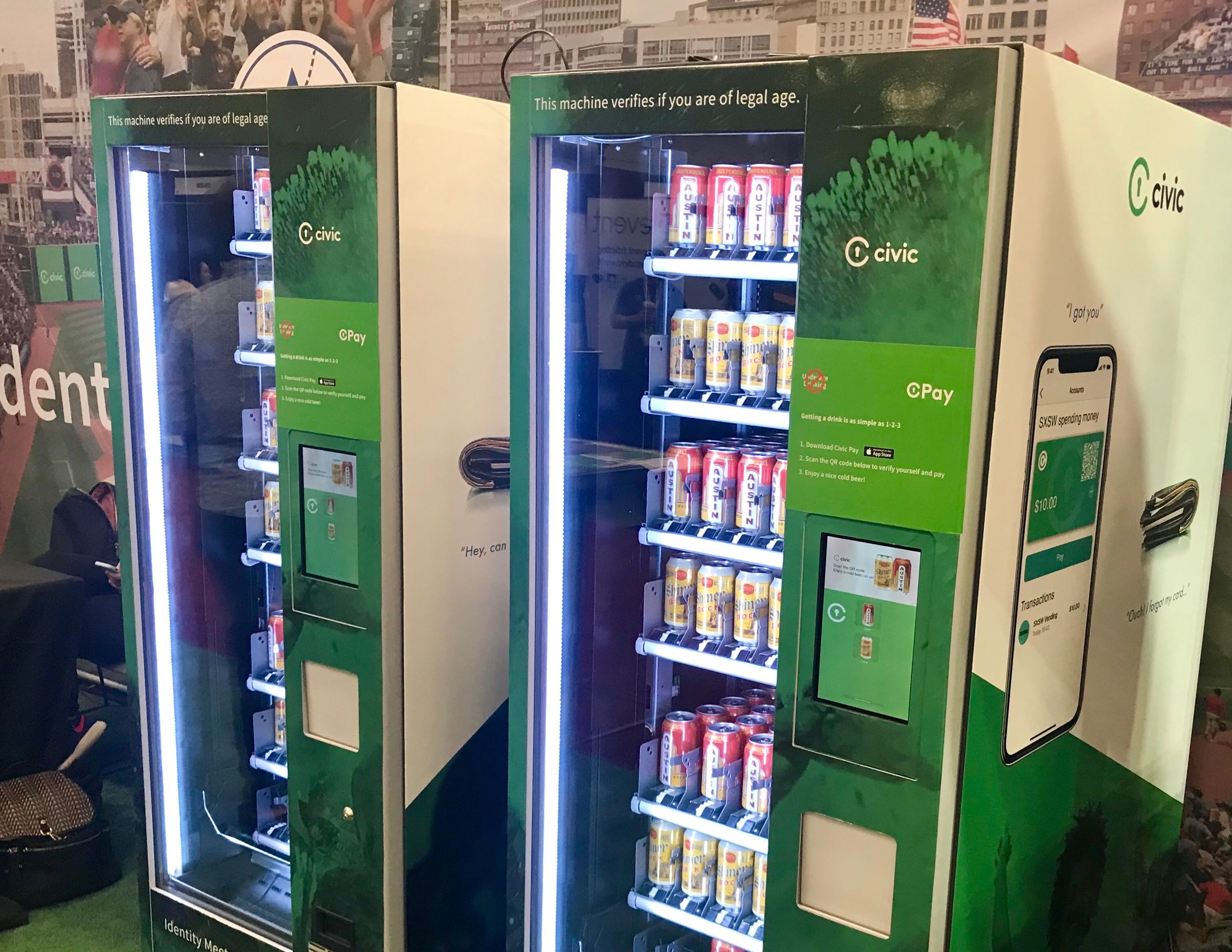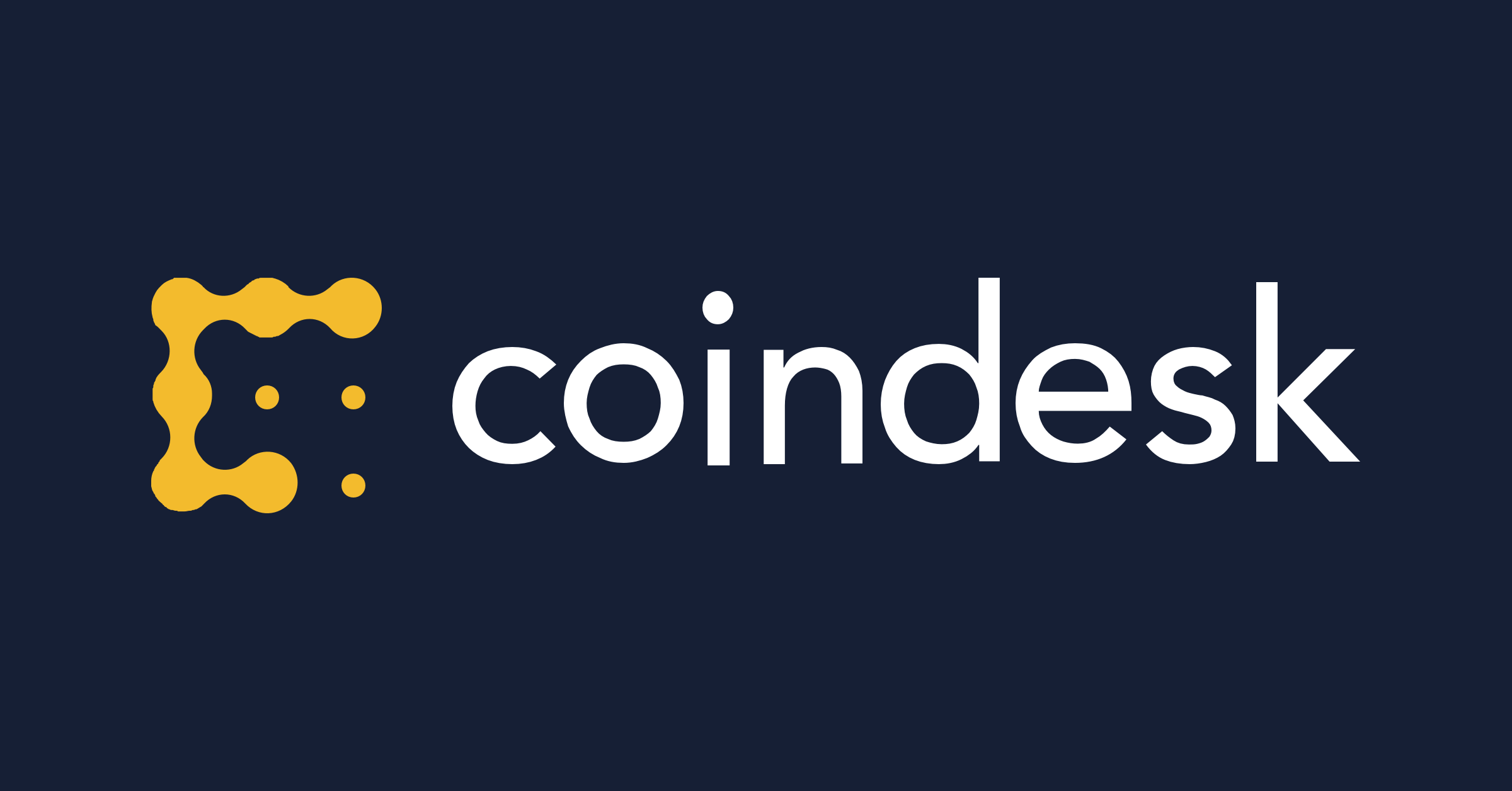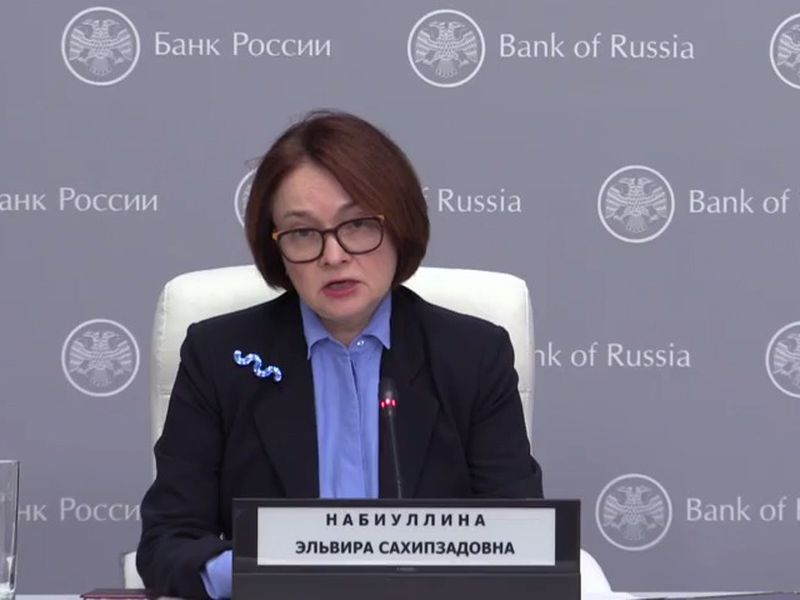What DeFi Can Learn From ‘InFi’
What DeFi Can Learn From ‘InFi’
Leah Callon-Butler, a CoinDesk columnist, is the director of Emfarsis, a consulting firm focused on the role of technology in advancing economic development in Asia.
There are 1.7 billion unbanked people around the world, and if you had the chance to ask each and every one of them what they ultimately desired, I doubt any of them would say: A bank account. Still, in traditional circles, a bank’s greenlight to transact is seen as the Holy Grail of financial inclusion.
In lieu of this, the developing world has produced a wealth of community-based systems that rely on shared values to achieve economic empowerment on their own terms. By studying these informal systems of cooperation, we may uncover opportunities for blockchain to improve on existing practices or help to scale positive impact. This approach to product development can create more inclusive solutions and a better path to user adoption.
Let’s take the Philippines’ paluwagan as a use case.
In its simplest form: A paluwagan is a group of people who decide to pool their money for the purpose of saving. They verbally agree on some basic terms such as how much everyone will contribute and how often, say, 1,000 pesos from each group member each payday. Then they take turns to collect the pot of cash.
So, in this example, a paluwagan of eight people who get paid fortnightly would run for 16 weeks, and each time they make their deposits, one person gets to withdraw the total kitty of 8000 pesos. The more people in the group, the bigger the payout.
Since no custodian is required, this version of a paluwagan is deemed transparent and efficient to run, with no requirement for record keeping. It’s also easy to join, as membership is based purely on social capital. The only qualifying criteria is for participants to trust each other, so the practice is popular with co-workers, neighbours and other friendly groups.
The element of shared accountability persuades people to make their contributions on time and provides motivation and discipline to save, along with the idea that group performance yields higher results.
Appreciating the implicit social value within existing informal systems presents opportunities for technologists to address some of the world’s most persistent challenges.
It’s also more fun. While the main goal of a paluwagan is to achieve the group’s financial targets, it is also an opportunity to socialize and network, deepening relationships and establishing a sense of community.
“I tried saving money to my bank account, but as a single guy without much responsibility at that time, it was hard,” Gerard, a young Filipino professional who joined a paluwagan with colleagues at work and saved 20,000 pesos to buy a laptop, told me recently.
“Being in a paluwagan is a good way to save money because you have a sense of responsibility to pay it every payday and you make sure you budget for it,” he said.
Other members of the paluwagan who were married with kids put the money toward special occasions, like birthdays or family holidays, or to pay school fees.
Sometimes, those with a specific date in mind would volunteer to receive their payout last. But this is risky because there may be delinquent contributors along the way, who collect the bounty early and fail to settle their ongoing obligations, which reduces the value of the pot down the line.
“It’s easy to spot a fraudster at the outset, if they insist on being one of the first to get paid out,” said Gerard, who has seen some paluwagan members disappear off the face of the earth straight after they get their payout. “Even your most trusted friend will do it, especially in companies where people easily come and go, like call centers.”
The paluwagan system is unregistered and unregulated, with no guarantee that individuals will receive their scheduled payout. There is no formal grievance mechanism either, which makes it impossible to make a legal claim against dropouts and scammers.
Further, the Philippines Securities and Exchange Commission has issued warnings about paluwagan scams that proliferate via social media promising huge returns on investment.
Even so, their appeal remains strong. And not just in the Philippines. In Malaysia, they are called Kutu Funds. In slum communities across Bolivia, Peru and Argentina they could be called Vaquita, Reuda or Pasanaku. Commonly known as a Rotating Credit and Savings Association (ROSCA), these informal financial institutions are found all over the world. ROSCAs are difficult to standardize as their nature and purpose depends on their members, their goals, their histories and their culture.

A variation on the ROSCA is the Accumulated Savings and Credit Association (ASCA). Instead of rotating payouts, the ASCA uses its pooled funds to make loans or invest in community projects. After, say, a year, the fund is paid back to its original members with interest. The ASCA model may be a more sustainable alternative to the usual microfinance route of providing basic credit, as the latter is known to induce a cycle of indebtedness.
The idea draws parallels with the movement toward Decentralized Finance. DeFi is blockchain-based financial software that mimics traditional banking to provide services such as savings facilities, lending and interest earnings. However, it’s decentralized nature means it is an open, peer-to-peer solution that is controlled by the community rather than a centralized authority.
PoolTogether, a decentralized application (dapp) on the Ethereum blockchain, shares similarities with the paluwagan. Marketed as a no-loss lottery, PoolTogether incentivizes users to pool their cash for a set period. At the end of the term, everyone gets their money back, plus one lucky punter wins the interest earned on the fund during the lockup.
Leveraging smart contracts to automatically execute upon pre-set criteria, DeFi can replace the flimsy trust mechanisms inherent within informal ROSCAs and ASCAs while returning a profit on committed funds. It also negates the requirement for the group to meet in-person, and handle physical cash, which has become a major issue with the advent of COVID-19.
Perhaps most interestingly, one DeFi wallet with a goal to make crypto more user friendly requires no backup seed phrase. Instead, where a user wishes to perform an activity that requires a high degree of security, such as recovering a lost wallet or making a transaction over and above their daily limit, they are allowed to nominate friends or family to support authorization of the request.
This multisignature feature is similar to the triple-locked cash box that is characteristic of the Village Savings and Loan Association (VSLA) model, which is grounded in accountable governance and recognised as a more robust version of a ROSCA or ASCA, and has been successful in supporting millions of poor women from developing countries to become their own bankers and venture capitalists. To unlock the box, the democratically elected VSLA head, deputy head and cashier must all be present, as they each hold a different key to a separate padlock.
Appreciating the implicit social value within existing informal systems presents opportunities for technologists to address some of the world’s most persistent challenges. In particular, DeFi has the potential to bring efficiency and scalability to methods of community collaboration that have been preferred for decades, if not centuries. However, with our poorest communities still unable to secure some of the most basic requirements such as electricity, internet connectivity and smartphone penetration, a paluwagan, or maybe, a triple-locked box, is still the best bet for most.
Disclosure
The leader in blockchain news, CoinDesk is a media outlet that strives for the highest journalistic standards and abides by a strict set of editorial policies. CoinDesk is an independent operating subsidiary of Digital Currency Group, which invests in cryptocurrencies and blockchain startups.








